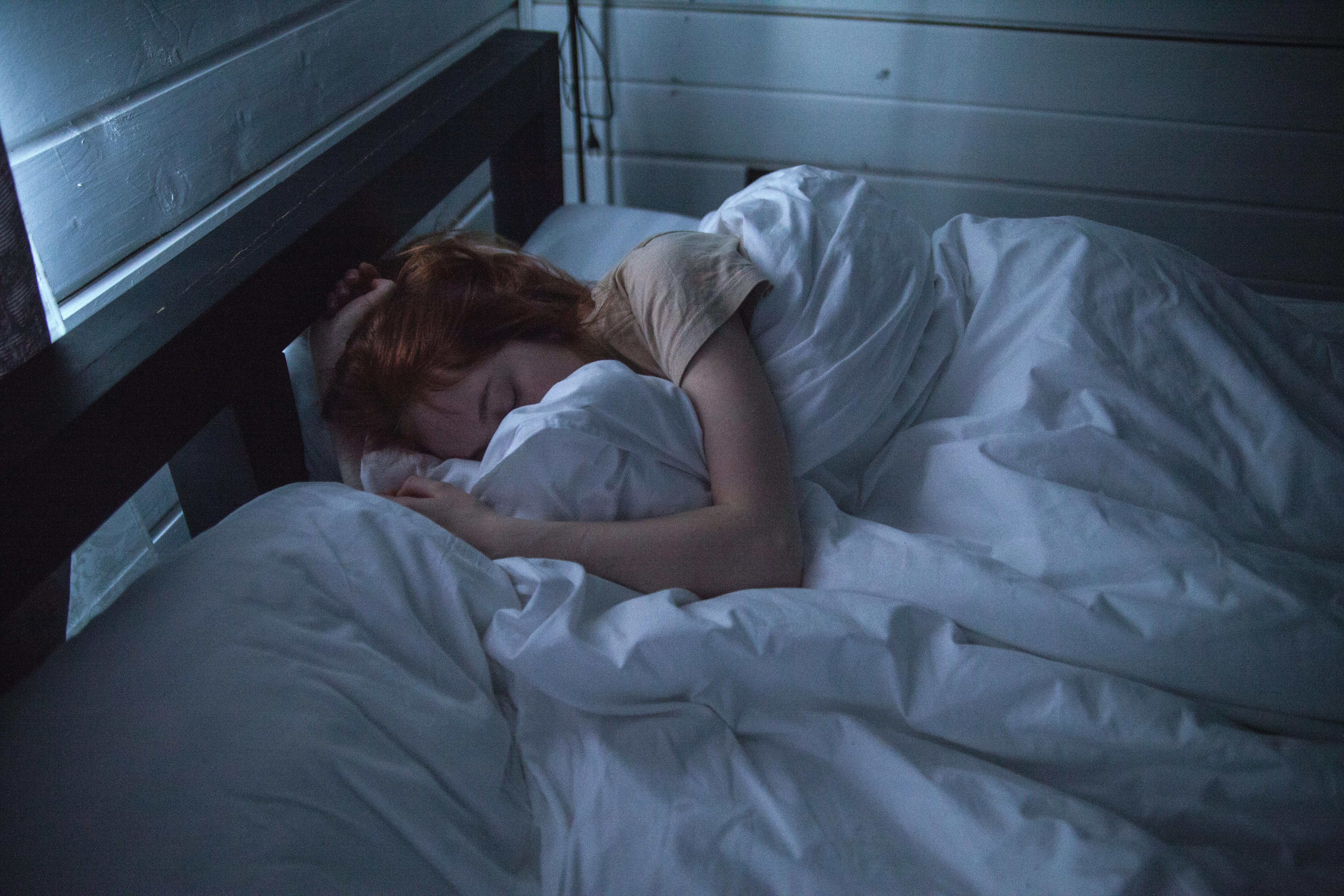Beyond Salt: 9 Hidden Lifestyle Triggers That Spike Your BP Overnight
You watch your salt intake. You try to do everything right. Yet sometimes, your blood pressure seems to take on a life of its own—especially overnight. If you’ve ever woken up to unexpectedly higher readings or felt frustrated by “mystery” BP spikes, you’re definitely not alone. While sodium grabs most of the headlines, it’s only one piece of your health puzzle. Blood pressure responds to a whole spectrum of everyday habits, many that fly completely under the radar until you notice a change. The good news: With a little gentle awareness and a dash of curiosity, surprising triggers can come to light—and they’re often more manageable than you think. As you explore the hidden influences behind overnight BP rises, you might discover subtle shifts that add up to powerful self-care. Here are nine lesser-known lifestyle factors that can send your BP climbing by morning, sometimes without you even realizing. Each one comes with down-to-earth tips and a reminder that small, compassionate changes are the true secret to steady, healthy blood pressure.
1. Poor Sleep Quality and Sleep Apnea

Restless nights don’t just leave you groggy—they can raise your blood pressure almost immediately. For many adults, interrupted sleep or undiagnosed sleep apnea are silent culprits behind overnight BP spikes. When breathing is disrupted or you wake up repeatedly, your body’s stress system quietly kicks in. This triggers the release of hormones that narrow your blood vessels and make your heart work harder—even while you sleep. Studies show people with untreated sleep apnea are much more likely to develop hypertension, and their morning readings often tell the story. If you frequently wake up tired, snore loudly, or notice headaches on waking, your nightly routine may be worth a gentle review. Prioritizing restful sleep—whether that means a calming bedtime ritual, limiting late caffeine, or talking to your doctor about sleep apnea—can work wonders for stabilizing blood pressure. Each small change toward better rest helps restore balance for both body and mind.
2. Dehydration: Not Drinking Enough Water

It’s easy to overlook water when the day gets busy, but dehydration is a sneaky blood pressure saboteur. When you’re even slightly dehydrated, your blood vessels can narrow, and your heart has to pump harder to circulate a smaller volume of fluid—leading to higher BP. Some people notice a spike if they forget to hydrate throughout the day or if they wake up parched. Since thirst isn’t always the best indicator, building habits like keeping a water glass by your bed or setting gentle reminders can help. Most adults need more fluids than they realize, especially if you’re active or in a dry environment. Listen to the subtle cues your body sends—like dry mouth or dark urine—and celebrate each sip as an act of self-kindness. Hydrating mindfully isn’t just about “getting your eight glasses”; it’s about consistently supporting your body’s natural equilibrium and giving your heart a break.
